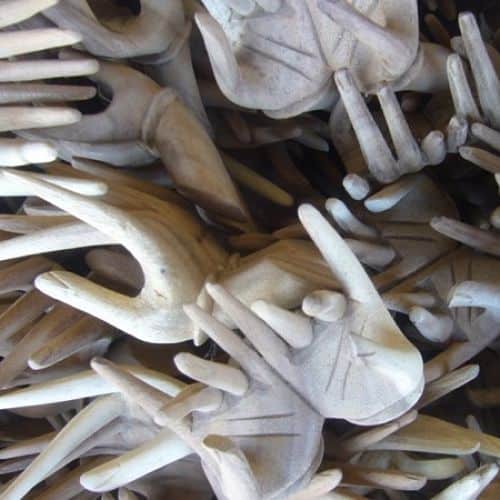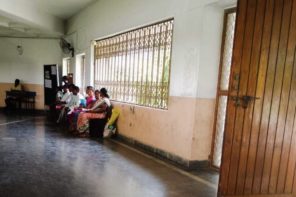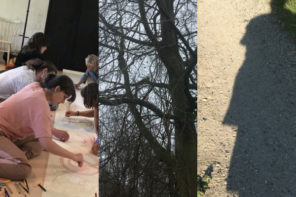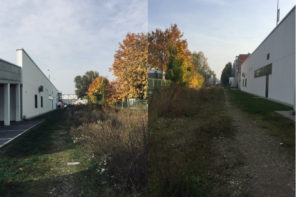Policymaking and implementation across state institutions, international organisations and transnational networks of civil-society organisations are expanding fields of anthropological research. The complex positionalities that anthropologists adopt in these ethnographic contexts and their implications in epistemological, methodological and ethical terms are emerging as central issues in these fields.
This workshop explored different and often controversial forms of anthropological engagement with global policy worlds and the dilemmas that collaboration entails against the background of a dominant neoliberal research agenda.
Whether emerging from intention, serendipity or necessity, researchers’ commitment to the explored policy fields and their complicity with research subjects are recurrent patterns in these ethnographic situations. As interns, consultants, advocates, representatives of governmental or non-governmental organisations, experts or temporary employees, researchers become actors in the processes that they are observing. This insider status affords key opportunities for exploring the creative friction that different policy regimes bring to global governance. Inside-track and first-hand experience also prevents simplistic essentialisation of “institutional cultures”. Yet taking on a position outside the comfort zone of the “hands-off” approach exhumes anthropology’s skeletons in the closet and generates pressing methodological anxieties, evidence of the difficult relation between action and knowledge production that characterises social sciences’ worldly interventions.
Belonging to the “epistemic community” that contributes to shaping the explored policy programmes provides scholars with the opportunity to impact social and political debate, yet it also radically challenges the founding anthropological assumption of a distinction between self and other and is therefore regarded as an obstacle to genuine critique. Furthermore, while collaborative anthropology in the exploration of the worlds of the marginal, dispossessed or dominated is appreciated as a form of social responsibility, working with powerful organisations is suspected for its multiple responsibilities to institutional or political interlocutors and to the groups that are affected by their intervention. Within this context ethnographic research raises numerous methodological, political and ethical dilemmas, especially when it is directly or indirectly supported by standard-setting organisations and policy-making institutions.
As social sciences come to grips with neoliberal research models, academics increasingly live with this uneasiness. Trained to formulate questions aimed at unpacking policy apparatuses, they are expected to provide answers to policy issues and contribute to governance objectives following managerial, rather than speculative, logics. In these contexts,
scholars face the challenge of disseminating their research while being aware of their interlocutors’ negative perception of the analytical language they use to describe policy interventions.
There are clearly no easy solutions to these conundrums. This workshop set out to interrogate collaborative dilemmas by exploring the epistemological, ethical and methodological consequences of engagement, as well as of disengagement, with governmental agendas, international organisations, and other superseding institutions.
This workshop was a first collective attempt to share big and small dilemmas. In coming weeks the UNESCO frictions will engage in a virtual roundtable in collaboration with Allegra.









